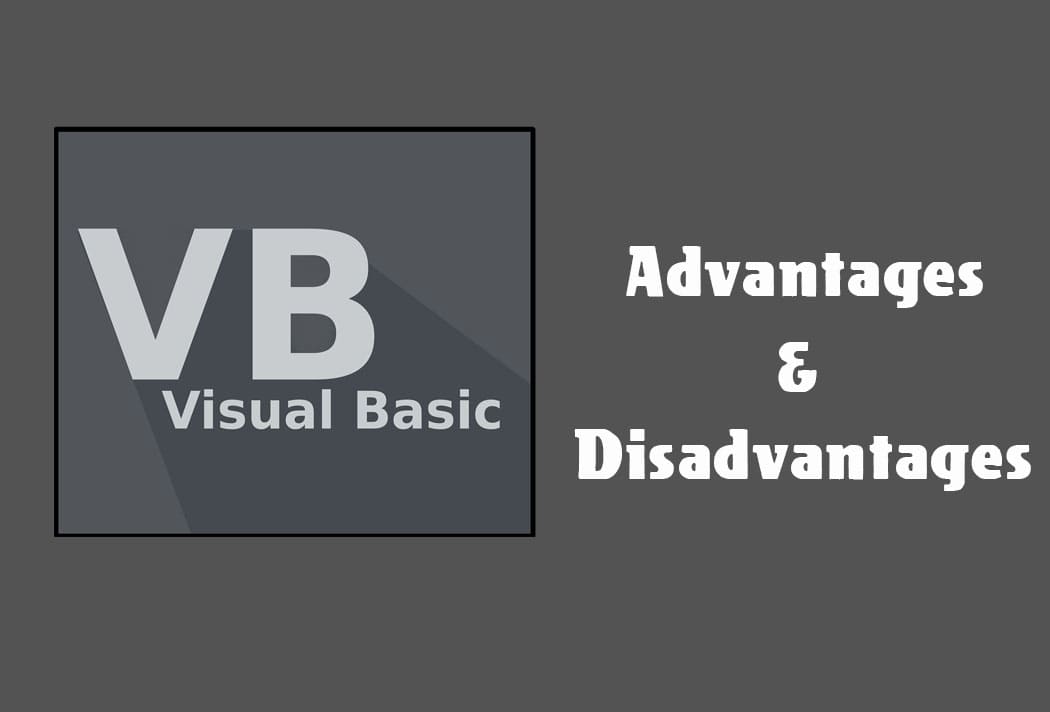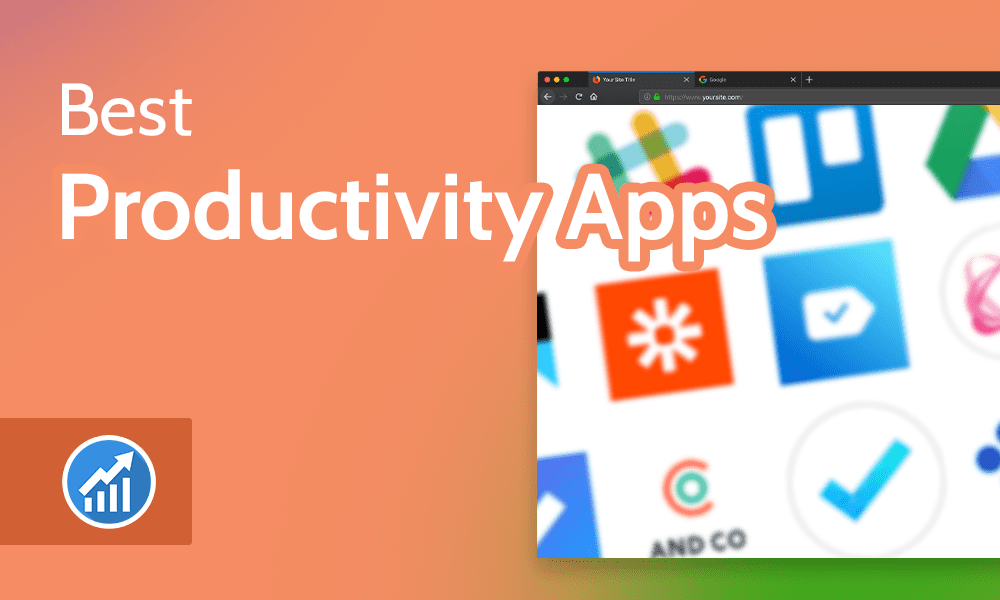
Kotlin, a modern, statically typed programming language developed by JetBrains, has rapidly gained popularity, particularly for Android development and server-side applications. Here are the key strengths of Kotlin:
- Interoperability with Java: One of Kotlin’s standout features is its 100% interoperability with Java. Kotlin can seamlessly work with Java libraries and frameworks, making it easy for developers to migrate or integrate Kotlin into existing Java-based projects without rewriting the entire codebase.
- Concise and Expressive Syntax: Kotlin’s syntax is more concise compared to Java, which reduces boilerplate code and makes the language more expressive and easier to read. Features like type inference, smart casts, and data classes allow for more compact and readable code, improving developer productivity.
- Null Safety: Kotlin addresses the common issue of null pointer exceptions, which are a source of bugs in many programming languages, including Java. Kotlin’s type system distinguishes between nullable and non-nullable types, making it impossible to assign a null value to a variable that is not explicitly marked as nullable, helping developers write safer code.
- Modern Features: Kotlin includes many modern language features that make it more powerful and developer-friendly, such as:
- Lambda expressions and higher-order functions for functional programming.
- Extension functions to add new functionality to existing classes without modifying their source code.
- Coroutines for asynchronous programming, which makes managing concurrency simpler and more efficient than traditional threads.
- Cross-Platform Development: Kotlin is not limited to Android development. With Kotlin Multiplatform, developers can write code that runs on multiple platforms (iOS, web, desktop, and backend) while sharing common logic. This helps reduce development time and maintenance costs by writing cross-platform code in a single language.
- First-Class Support for Android Development: Kotlin is the preferred language for Android development, officially supported by Google. It integrates well with Android Studio and other Android development tools. Kotlin’s modern syntax and features have made it the go-to language for Android apps, offering benefits like reduced boilerplate, enhanced safety, and better developer ergonomics.
- Improved Type System: Kotlin’s type system is more powerful than Java’s, with features like nullable types, sealed classes, and generic variance. These features make it easier to define complex data models while maintaining type safety, leading to fewer runtime errors.
- Higher Productivity: The combination of concise syntax, null safety, built-in functions, and modern features like coroutines, allows developers to write less code, which in turn leads to fewer bugs and quicker development cycles. This boosts overall productivity and reduces time-to-market.
- Compatibility with Existing Code: Kotlin’s seamless integration with Java means that existing Java codebases can be incrementally updated with Kotlin without breaking existing functionality. This makes it easy to adopt Kotlin without a major overhaul of your current system.
- Coroutines for Asynchronous Programming: Kotlin’s built-in support for coroutines enables developers to write asynchronous code in a sequential, readable way. Unlike traditional callback-based approaches, coroutines make concurrency easier to manage by allowing developers to write asynchronous code that looks and behaves like synchronous code, avoiding callback hell.
- Smart Casts: Kotlin performs smart casting automatically, which eliminates the need for explicit type checks in many cases. Once a variable is checked for a particular type, Kotlin automatically casts it, making the code simpler and less error-prone.
- Data Classes: Kotlin provides data classes, which automatically generate useful methods such as
toString(),equals(),hashCode(), andcopy(). This feature saves developers the effort of manually writing these methods for classes that are mainly used for holding data. - Tooling Support: Kotlin enjoys excellent tooling support, especially within JetBrains’ IDEs (such as IntelliJ IDEA) and Android Studio. Features like auto-completion, refactoring tools, and debugging support make development with Kotlin smooth and efficient.
- Functional Programming Features: Kotlin incorporates many functional programming features, such as lambda expressions, map/filter/reduce operations, and immutable collections. These make it easier to write cleaner, more maintainable, and concise code, particularly for operations that involve working with collections.
- Active and Growing Community: Kotlin has a vibrant and growing community. It is backed by JetBrains and has gained widespread adoption in the Android development community. With active forums, tutorials, libraries, and open-source contributions, Kotlin has established itself as a strong language with solid community support.
- Tooling for Backend Development: Kotlin can be used for backend development with frameworks like Ktor and Spring Boot. It brings modern language features to the server-side, making it a great choice for building high-performance, scalable web applications and microservices.
- Improved Performance: Kotlin code is compiled to Java bytecode, so it runs on the Java Virtual Machine (JVM), which is highly optimized. Kotlin can also be compiled to JavaScript or native binaries, enabling high-performance applications across different environments.
- Growing Industry Adoption: Kotlin has quickly gained traction in the tech industry and is being adopted by major companies for Android and backend development. Its growing use in mobile app development, web applications, and even desktop apps makes it a valuable language for developers.
Overall, Kotlin’s combination of modern syntax, powerful features, seamless Java interoperability, and strong community support makes it an excellent choice for developers building mobile, web, or backend applications. Its ability to simplify complex tasks and improve developer productivity has made it a highly attractive alternative to Java and other programming languages.




